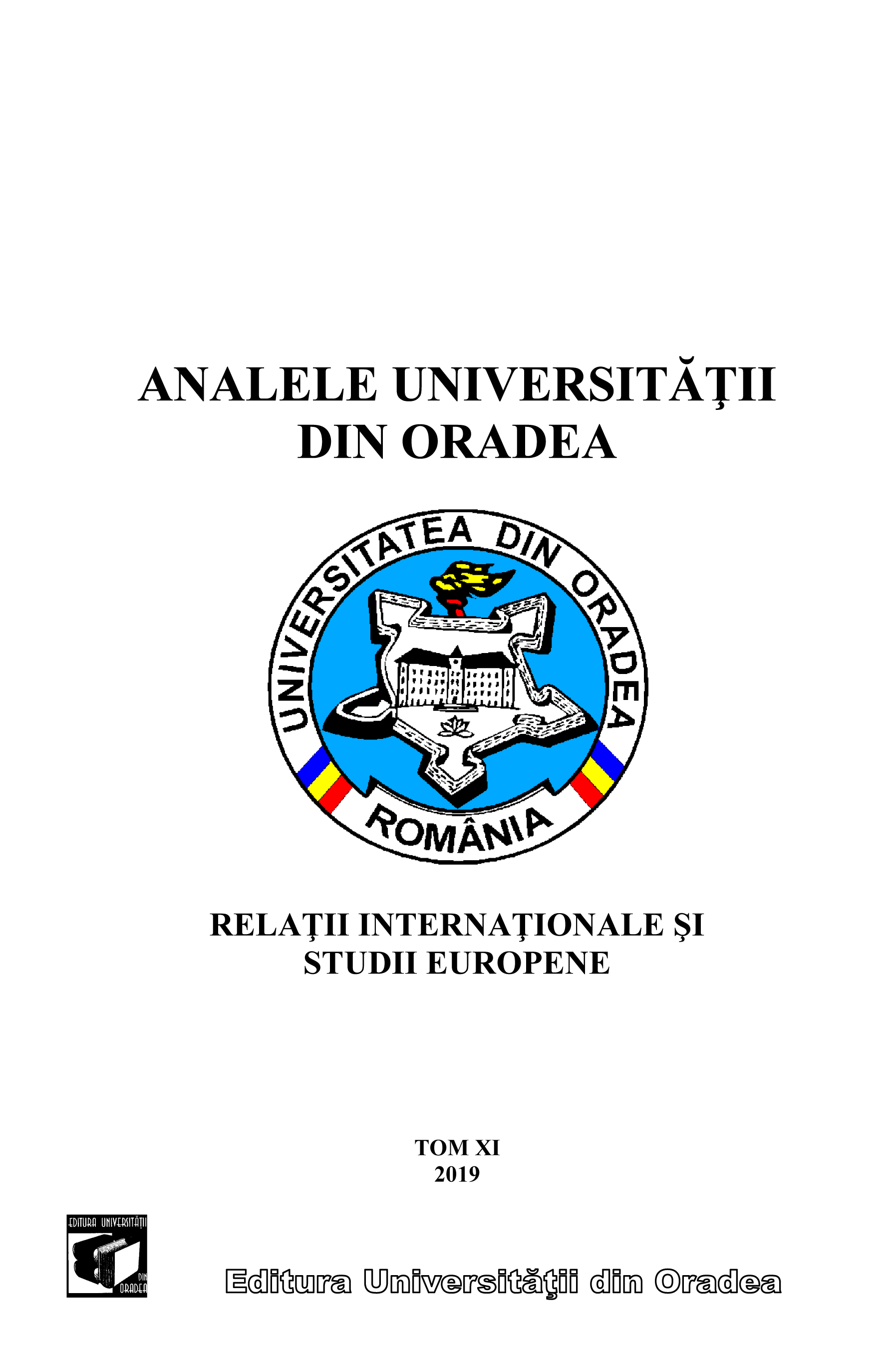European Funds, Bargaining Tools and Founding Targets for Migrant Integration
European Funds, Bargaining Tools and Founding Targets for Migrant Integration
Author(s): Istvan PolgarSubject(s): EU-Accession / EU-DEvelopment
Published by: Editura Universitatii din Oradea
Keywords: migration; integration; European funds; border;cooperation - communication governance mode;
Summary/Abstract: The aims of the article is to present the existing obstacles, problems and tensions and proposed solutions in the integration process of the non EU migrants with a special regard on Central, South and Eastern Europe. Also, is focusing on a wide variety of European development and regional policies, which represents the solution for a permanent and harmonious development of the border regions.The issue of national minorities and the so called „new minorities” are, in the process of European construction, one of the most important aspects that European countries have had to manage. Learning about and researching minorities, for them to transmit knowledge and experience to young people through education, have become an essential pillar of European values on the construction of an intercultural society based on direct and indiscriminate cooperation and collaboration between ethno-religious communities. It is known that European legislation and practice promote the idea of living together in the sense of social value consisting in accepting otherness, good understanding of the various ethnic groups with in the same local communities and openness to communication and cooperation. Nowadays Europe is faced with the dilemma of to receive or to refuse non EU migrants. In the given circumstances European public space became a geopolitical environment that is experiencing a new institutional arrangement between nation states and a new paradigm of coexistence of the cultural differences. After a brief interpretation of the key terms, we will focus on the financial instruments, which aim is promote the integration of traditional and new minorities in the European society.
Journal: Analele Universităţii din Oradea. Relaţii Internationale şi Studii Europene (RISE)
- Issue Year: 2019
- Issue No: 11
- Page Range: 99-108
- Page Count: 9
- Language: English
- Content File-PDF

